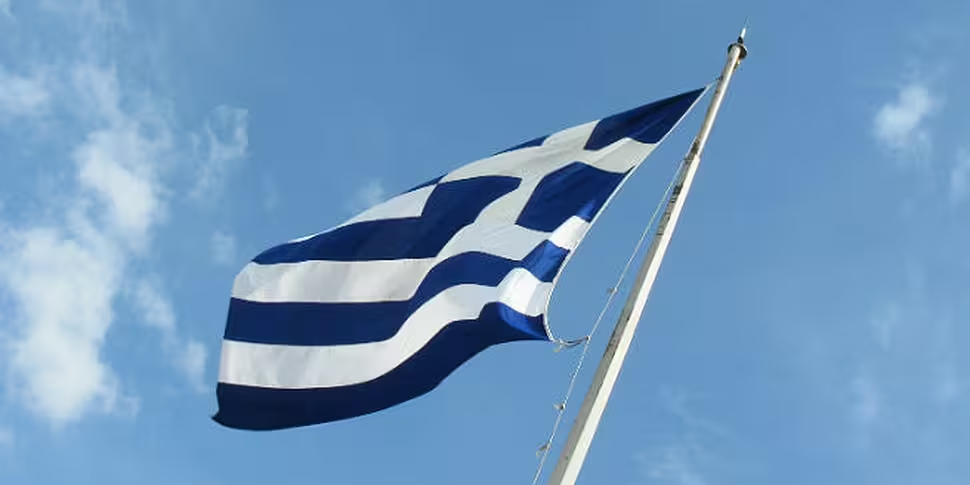In the wake of Alexis Tsipras' first major speech as Greek prime minister, the country's fragile banks have taken another major hit.
With relations between the state and Europe's power-brokers fraying, the prime minister reiterated that he and his party will not seek an extension of Greece's bailout deal when EU leaders meet in Brussels.
According to the Sunday Business Post, Ireland's Economic Management Council met last week and agreed that Ireland should not support any push for a debt write-down.
All of the four biggest Greek banks' stocks are down by between 8.8 and 15 percent today.
Banks in Greece previously plunged when Syriza was elected, losing close to 40 percent of their share values in the first three days, with some individual banks down by over 50 percent.
The banks had recovered slightly towards the end of last week, but now they are falling again.
Graph via Business Insider
The Greek government's tactics can be likened to a Samson strategy.
Samson was a biblical character who pushed over a temple to end his slavery - killing himself - but also destroying the structure that had held him captive.
Channel 4 News' economics editor Paul Mason discussed the possibility of a Greek exit from the euro zone with Newstalk Breakfast. He has been covering the Greek election and its fallout on the ground in Athens.
Mr Mason told Ivan Yates that he thinks that the Greeks will ultimately stay in the euro zone, but he adds that if the country does go, the "manner of the ejection" will be crucial for the future of the euro.










